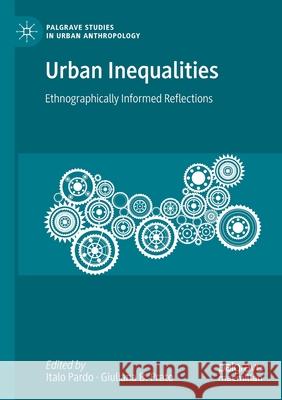Urban Inequalities: Ethnographically Informed Reflections » książka
topmenu
Urban Inequalities: Ethnographically Informed Reflections
ISBN-13: 9783030517267 / Angielski / Miękka / 2022 / 328 str.
Urban Inequalities: Ethnographically Informed Reflections
ISBN-13: 9783030517267 / Angielski / Miękka / 2022 / 328 str.
cena 523,30
(netto: 498,38 VAT: 5%)
Najniższa cena z 30 dni: 501,19
(netto: 498,38 VAT: 5%)
Najniższa cena z 30 dni: 501,19
Termin realizacji zamówienia:
ok. 16-18 dni roboczych.
ok. 16-18 dni roboczych.
Darmowa dostawa!
Kategorie:
Kategorie BISAC:
Wydawca:
Palgrave MacMillan
Język:
Angielski
ISBN-13:
9783030517267
Rok wydania:
2022
Ilość stron:
328
Waga:
0.43 kg
Wymiary:
21.01 x 14.81 x 1.85
Oprawa:
Miękka
Wolumenów:
01
Dodatkowe informacje:
Wydanie ilustrowane











